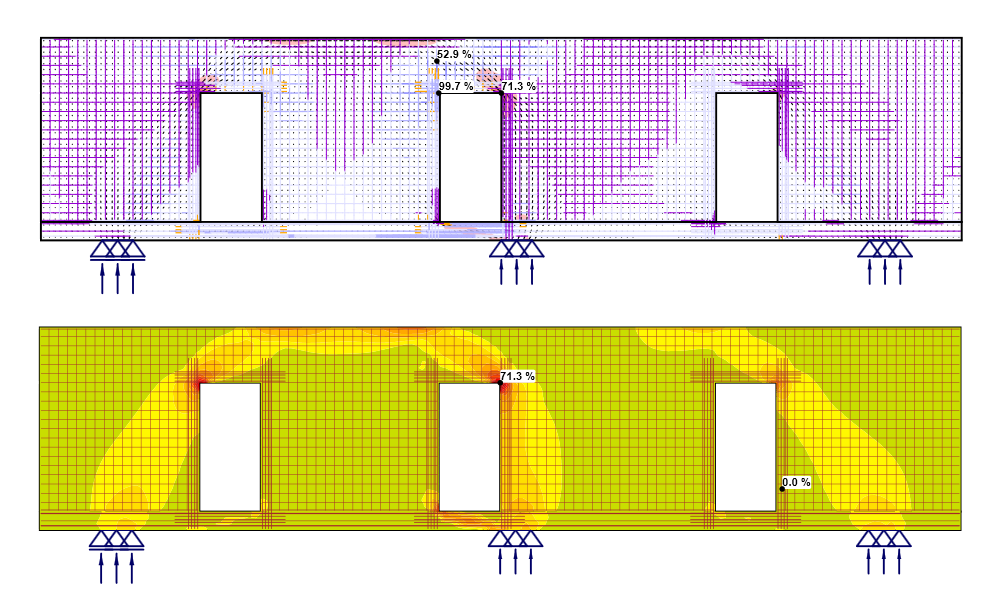Code-check of walls and deep beams
-
2022-03-16T00:00:00.0000000Z(en votre temps local, format 24 heures)
Date de webinaire:
Rejoignez le webinaire pour savoir plus de
- Creating a model of reinforced concrete wall
- How to load the submodel and what results from FEA do we need to apply?
- Explaining differences between shell and wall elements
- Limitations and recommendations for IDEA StatiCa Detail
- Interpretation of the results
Lecteurs

IDEA StatiCa

IDEA StatiCa
Reinforced concrete wall or deep beams full code-check? No problem!
The aim of the webinar is to present how to code-check a general-shape deep beam in IDEA StatiCa Detail in connection with results from the FEA application in minutes. We will show the workflow on an example of a residential concrete building – exporting the geometry, creating the submodel in IDEA StatiCa Detail, applying the correct loads, design of the reinforcement, and the final code-check for both ultimate and serviceability limit states.
Try it on your own - get the free Trial license and follow the step-by-step tutorial on Concrete wall.
The ultimate solution for concrete details and structural parts
Common 3D FEA software considers the linear behavior of concrete. Design and code-checks of reinforcement are limited, especially for the serviceability limit state which may lead to the development of excessive cracks. All of that is covered within the CSFM-based application IDEA StatiCa Detail. Now, all engineers can efficiently design and code-check walls or deep beams of any shape and many more.
If you want to see more of IDEA StatiCa Detail in action, there are two other recorded webinars to watch:
Or browse our Support center for tutorials and read the theoretical background.



